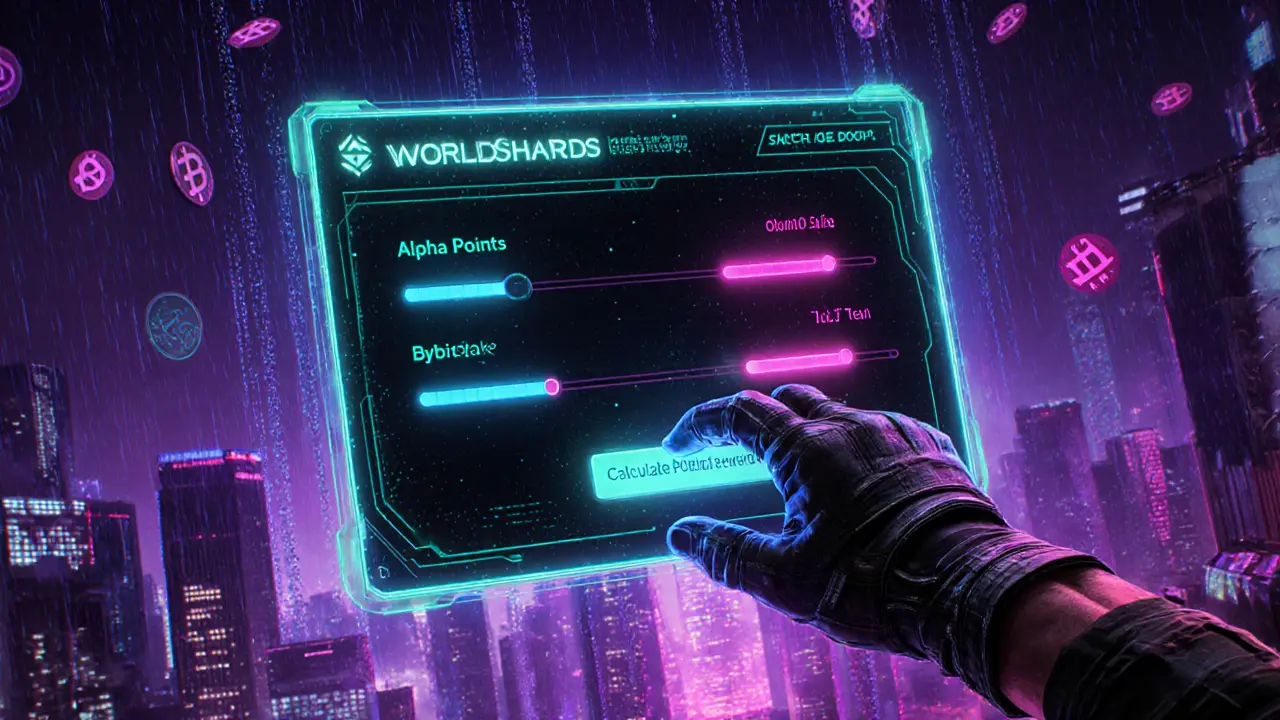Learn how the WorldShards (SHARDS) airdrop was run on Binance Alpha and Bybit, step-by-step claim guides, risk analysis, and market outlook for the Web3 MMORPG token.
Read MoreSHARDS Token: What It Is and Why It Matters
When working with SHARDS token, a utility token built on the Shardeum blockchain that fuels transactions, governance, and reward mechanisms. Also known as SHARD, it enables low‑cost, high‑speed transfers while giving holders a say in protocol upgrades. SHARDS token is the centerpiece of a fast‑growing ecosystem that blends DeFi, NFTs, and community‑driven projects.
One of the first related concepts you’ll run into is SHARDS tokenomics, the set of rules that dictate supply, distribution, and utility. The token features a capped supply of 1 billion units, with 40% allocated to liquidity providers, 30% to community incentives, 20% to the development fund, and the remaining 10% held for strategic partnerships. This structure aims to balance price stability with growth incentives, meaning every transaction contributes to a pool that rewards stakers and validators. Because the token is native to Shardeum, it also powers cross‑chain bridges and can be staked to earn a share of network fees.
Staking is the next piece of the puzzle. Crypto staking, the process of locking tokens to support network security and earn rewards, is central to the SHARDS ecosystem. Validators lock SHARDS as collateral, and in return they receive a portion of transaction fees plus newly minted tokens. The more you stake, the higher your potential yield, but the protocol also imposes a short unbonding period to protect against sudden market swings. Many users pair staking with yield‑optimizing platforms like IceCreamSwap or DogeSwap, both of which appear in our article collection, to compound earnings.
To actually move SHARDS, you’ll need a reliable exchange. Blockchain exchanges, platforms where tokens are bought, sold, and swapped, such as PuddingSwap, Resfinex, and Acala Swap, list SHARDS alongside dozens of other assets. These DEXs offer low fees, instant settlement, and built‑in liquidity pools that make swapping SHARDS for ETH, SOL, or stablecoins seamless. Some exchanges even run special airdrops or liquidity mining campaigns that reward early participants, a topic we cover in depth across several posts.
Finally, the SHARDS community frequently runs airdrop events, free token distributions aimed at boosting adoption and rewarding active users. Airdrops are typically announced on the project’s Discord or Twitter, require minimal on‑chain actions, and can be claimed through simple web forms. They serve as a practical entry point for newcomers and a way for the protocol to spread its reach without diluting the core token supply. Our guide collection below includes step‑by‑step instructions for claiming airdrops, assessing their legitimacy, and maximizing the benefits.
Below you’ll find a curated set of reviews, tutorials, and market analyses that dive deeper into each of these areas—exchange comparisons, tokenomics breakdowns, staking strategies, and the latest airdrop announcements. Use the insights to decide how SHARDS fits into your portfolio, where to trade it safely, and which reward programs are worth your time.
